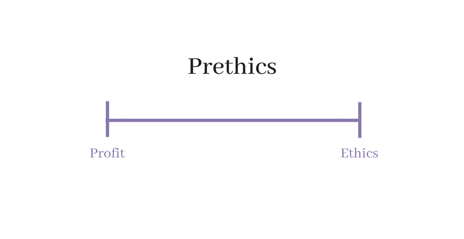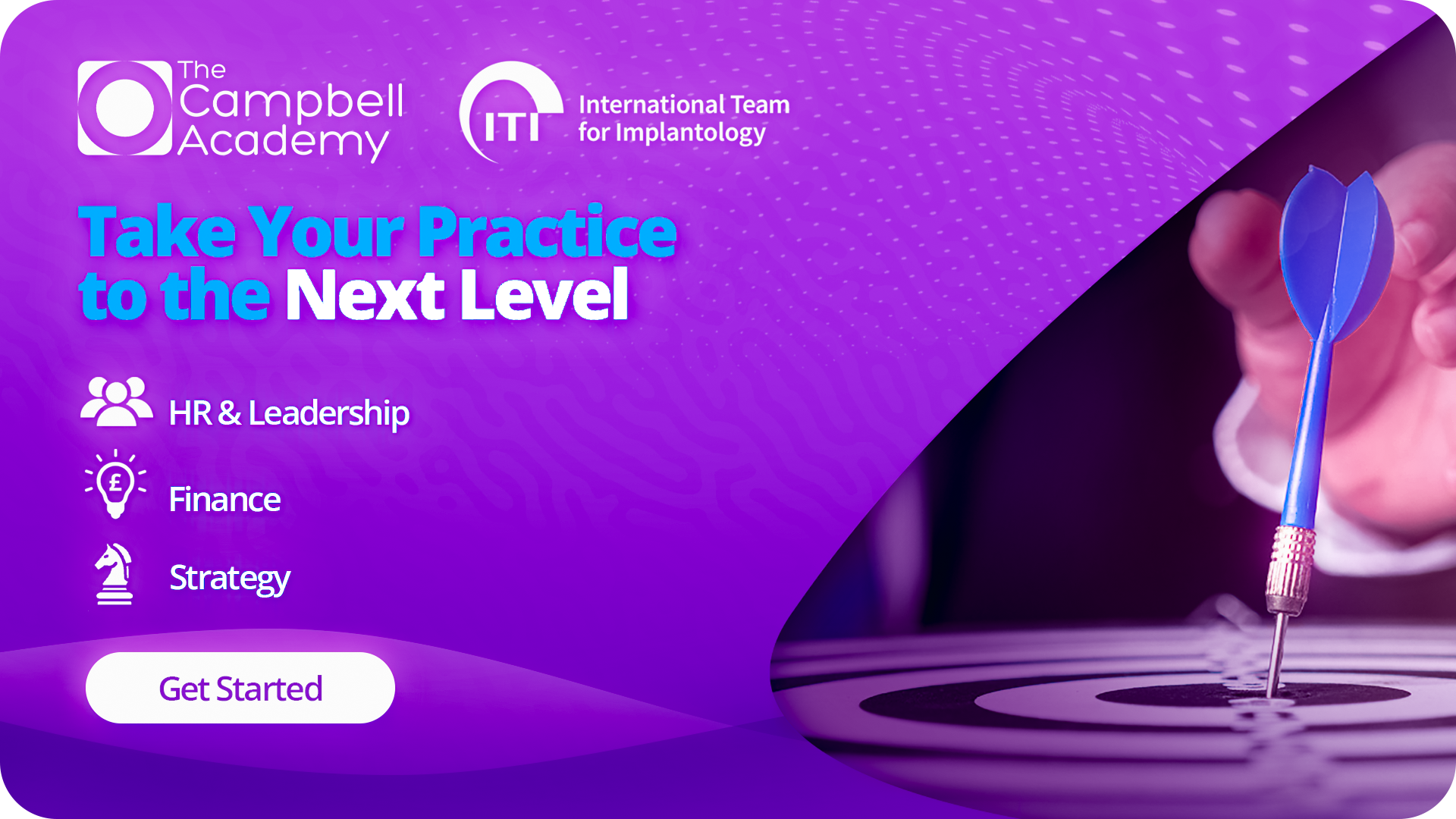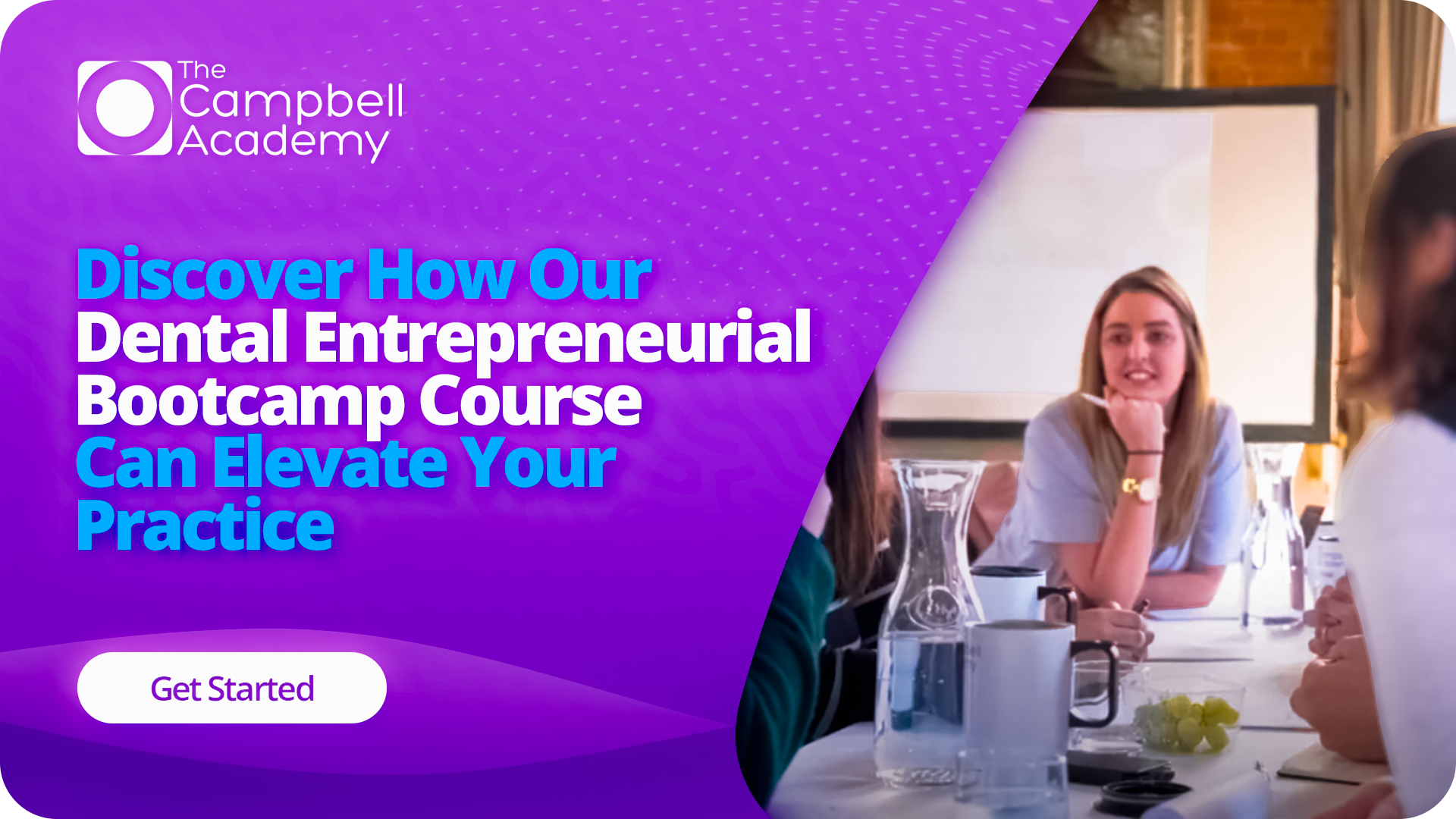In 2008, and again in 2009, I became a business owner.
It’s safe to say at that stage I knew nothing whatsoever about running a business.
No one had ever taught me about business principles, I had never attended any (or at least many) courses, and I had never been exposed to the principles of running a small business. From then until now I have immersed myself in a huge array of materials to try to better educate and instruct myself in the way of running a business. From that time and from a zero-starting point, I have owned and operated three separate businesses, selling one and developing 2 others.
I have taken the turnover of the business that I entered in 2008 from £250,000 to over £5 million, and I’ve set up two separate independent businesses also with significant turnovers.
But, go backwards to 2011 in the midst of the stages of trying to run businesses and knowing I knew nothing about them, and then instructing (and paying handsomely) for the skills and expertise of Chris Barrow.
I was in Jamie’s Italian restaurant in Nottingham having lunch during a Chris Barrow coaching day when the restaurant went quiet, and Barrow shouted at me, “You think sales is an STD”. It was time for me to get a handle on the fact that I was working in independent, private dentistry, and the only way that the practice could survive and open the doors tomorrow to hit more people was to make money today. From that point onwards, I started to understand the interplay between the technician personality, the manager personality and the entrepreneur personality, as defined by Michael Gerber in The E-myth, one of the books that Chris gave me the first day I met him.
The difficulty is, that when a dentist enters a business, in any sort of controlling position, he enters as a technician; that is someone who does the work and wrestles with the stress of trying to become the manager, and ultimately has to become the entrepreneur and the driver of the business overall.
When we enter into these situations, either by chance, as in my case, or by design, we don’t know what we don’t know. We learn by mistakes, by osmosis and from places like Facebook and Instagram.
The solutions to this is to read books, or even to hire a business coach, but that is to keep us in isolation, developing our own systems and reinventing the wheel time and time again when thousands of other similar wheels already exist. So the benefit of learning together, and sharing experiences and being held accountable in our business development is priceless; that is what has been seen in our Business Courses provided by The Campbell Academy since it’s inception.









